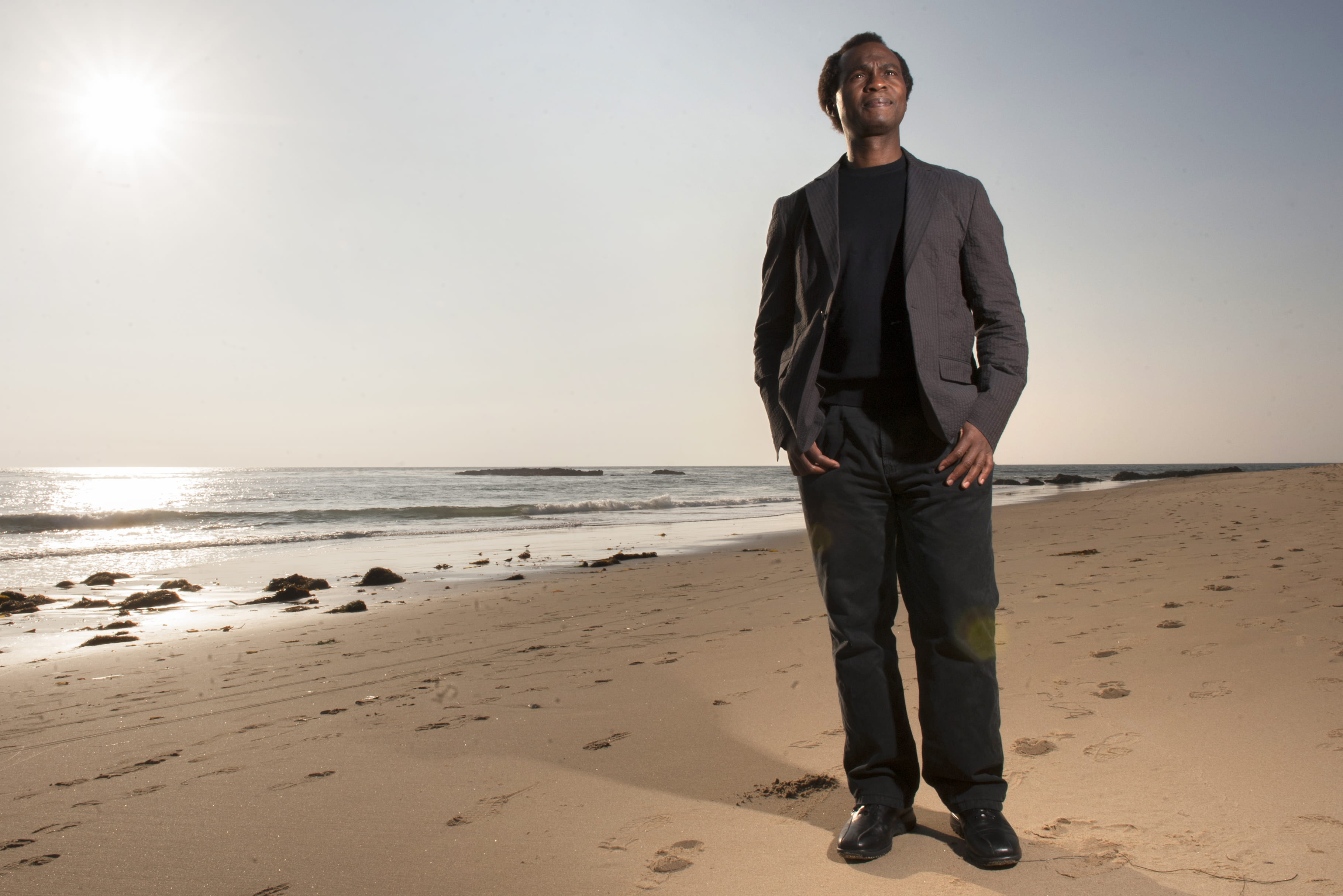UCI's Oladele Ogunseitan joins executive team of USAID-funded global health project
One Health effort bridges disciplines to train workers to address infectious disease threats

Irvine, Calif., Oct. 29, 2019 — A University of California, Irvine public health professor hailed for his international research achievements is part of an $85 million effort to detect and respond to the threat of infectious diseases on a global scale.
UC Presidential Chair Oladele “Dele” Ogunseitan has joined the executive team of the One Health Workforce – Next Generation project, which is based at UC Davis’ One Health Institute and supported by the U.S. Agency for International Development. The project provides multidisciplinary training for health workers to prevent public health crises – such as pandemic influenzas or the spread of incurable diseases – by recognizing the interconnection among people, animals, plants and their shared surroundings.
“The most challenging health issues now and in the future are at the intersection of animal, human and environmental health,” Ogunseitan said. “One Health is a framework that incorporates all of these domains. If we want to prevent and stop diseases like Ebola, we have to understand these intersections.”
Project participants draw from expertise in public health, nursing, pharmacy, medicine, education and development, environmental health, and veterinary medicine to develop innovative curricula and programs and train leaders to effectively address and manage outbreaks in the most vulnerable regions.
Consortium members include UCI, Columbia University, UC Davis, EcoHealth Alliance, UC Berkeley, Ata Health Strategies, The University of New Mexico and Sandia National Laboratories. They will partner with One Health Central and Eastern Africa and Southeast Asia One Health University Network.
The approved budget for UCI is $2.4 million, which will be spread over five years.
Ogunseitan – who is also a professor and founding chair of the Department of Population Health & Disease Prevention – has established a number of highly ranked professional degree programs at UCI, including the first Ph.D. program in public health in the UC system and one of the largest undergraduate public health programs in the U.S.
He is internationally recognized for his scholarship in the environmental and human health effects of industrial development and the prevention of diseases caused by hazardous pollutants, such as electronic waste. As the director of education for the UC Global Health Institute, Ogunseitan designs online courses available to UC undergraduates systemwide.
“One Health has emerged as a powerful convergence of research and practice across health sciences disciplines,” he says. “We face unprecedented challenges in predicting and responding to emerging threats to the world’s populations. The time is ripe for bridging interprofessional and academic engagements in human health, environmental health, animal health, plant health and the global microbiome.”
“This is the new consilience of One Health, and I am thrilled that UCI is now at the front of this endeavor. I look forward to involving our students and faculty members in establishing an institutional unit for One Health on our campus.”
About the University of California, Irvine: Founded in 1965, UCI is the youngest member of the prestigious Association of American Universities. The campus has produced three Nobel laureates and is known for its academic achievement, premier research, innovation and anteater mascot. Led by Chancellor Howard Gillman, UCI has more than 36,000 students and offers 222 degree programs. It’s located in one of the world’s safest and most economically vibrant communities and is Orange County’s second-largest employer, contributing $5 billion annually to the local economy. For more on UCI, visit www.uci.edu.
Media access: Radio programs/stations may, for a fee, use an on-campus ISDN line to interview UCI faculty and experts, subject to availability and university approval. For more UCI news, visit wp.communications.uci.edu. Additional resources for journalists may be found at communications.uci.edu/for-journalists.



